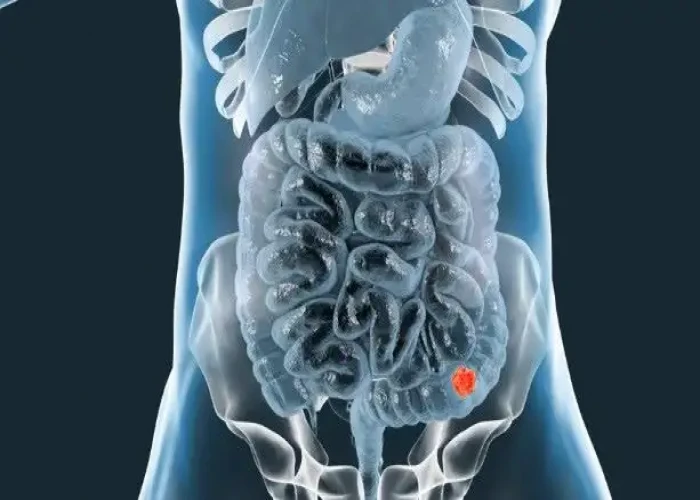 Welcome
Welcome
“May all be happy, may all be healed, may all be at peace and may no one ever suffer."
Sclerosing mesenteritis

Sclerosing mesenteritis, also known as mesenteric panniculitis, is a rare inflammatory condition that affects the mesentery, a thin membrane that attaches the intestines to the back of the abdominal wall. It is characterized by the abnormal accumulation of inflammatory cells and fibrous tissue in the mesentery, which can cause thickening and scarring.
The exact cause of sclerosing mesenteritis is unknown, but it is believed to be related to an abnormal immune response or an autoimmune disorder. Other factors, such as infection or trauma, may also play a role.
Symptoms of sclerosing mesenteritis can vary widely depending on the severity of the condition, but may include:
- Abdominal pain or discomfort
- Nausea or vomiting
- Loss of appetite
- Diarrhea or constipation
- Weight loss
- Abdominal mass or swelling
Diagnosis of sclerosing mesenteritis typically involves a physical exam, medical history, and imaging studies such as CT or MRI scans. Biopsy of the affected tissue may also be necessary to confirm the diagnosis.
Treatment for sclerosing mesenteritis may involve a combination of medications and surgical intervention, depending on the severity of the condition. Medications such as corticosteroids or immunosuppressants may be prescribed to reduce inflammation and slow the immune response. Surgery may be necessary to remove the affected tissue in severe cases.
The outlook for sclerosing mesenteritis can vary widely depending on the extent of the disease and the effectiveness of treatment. However, with proper management, many people with sclerosing mesenteritis are able to maintain a good quality of life.
Research Papers
Disease Signs and Symptoms
- Nausea or vomiting
- Abdomen bloating
- Diarrhea
- Fever
- Abdomen pain
Disease Causes
Sclerosing mesenteritis
The cause of sclerosing mesenteritis is not known.
Disease Prevents
Disease Treatments
You may be diagnosed with sclerosing mesenteritis while you are receiving care for another condition. If you are not experiencing discomfort from sclerosing mesenteritis, you may not require treatment. Instead, your doctor may recommend periodic imaging tests to monitor your condition.
If you begin to experience signs and symptoms of sclerosing mesenteritis, you may choose to begin treatment.
Medications
Medications for sclerosing mesenteritis are intended to control inflammation. Medications may include:
- Corticosteroids. Corticosteroids such as prednisone control inflammation. Corticosteroids can be used alone but are usually combined with other medications. They are not generally used more than three to four months because of side effects.
- Hormone therapy. Hormone treatments such as tamoxifen may slow the growth of scar tissue. Tamoxifen (Soltamox) is typically combined with corticosteroids or other medications and may be used long term. Tamoxifen increases the risk of blood clots and is typically combined with a daily aspirin to reduce this risk. Progesterone (Prometrium) may be used as an alternative to tamoxifen, but it also has significant side effects.
- Other drugs. Several other medications have been used to treat sclerosing mesenteritis, such as azathioprine (Imuran, Azasan), colchicine (Colcrys, Mitigare), cyclophosphamide and thalidomide (Thalomid).
Surgery
If sclerosing mesenteritis advances to block the flow of food through your digestive system, you may need surgery to remove the blockage.
Disease Diagnoses
Disease Allopathic Generics
Disease Ayurvedic Generics
Disease Homeopathic Generics
Disease yoga
Sclerosing mesenteritis and Learn More about Diseases

Congenital adrenal hyperplasia

Small bowel cancer

Ventricular tachycardia

Fibromuscular dysplasia

Impetigo

Common warts

Angelman syndrome

Anthrax
sclerosing mesenteritis, স্ক্লেরোজিং মেসেনেরটাইটিস
To be happy, beautiful, healthy, wealthy, hale and long-lived stay with DM3S.
